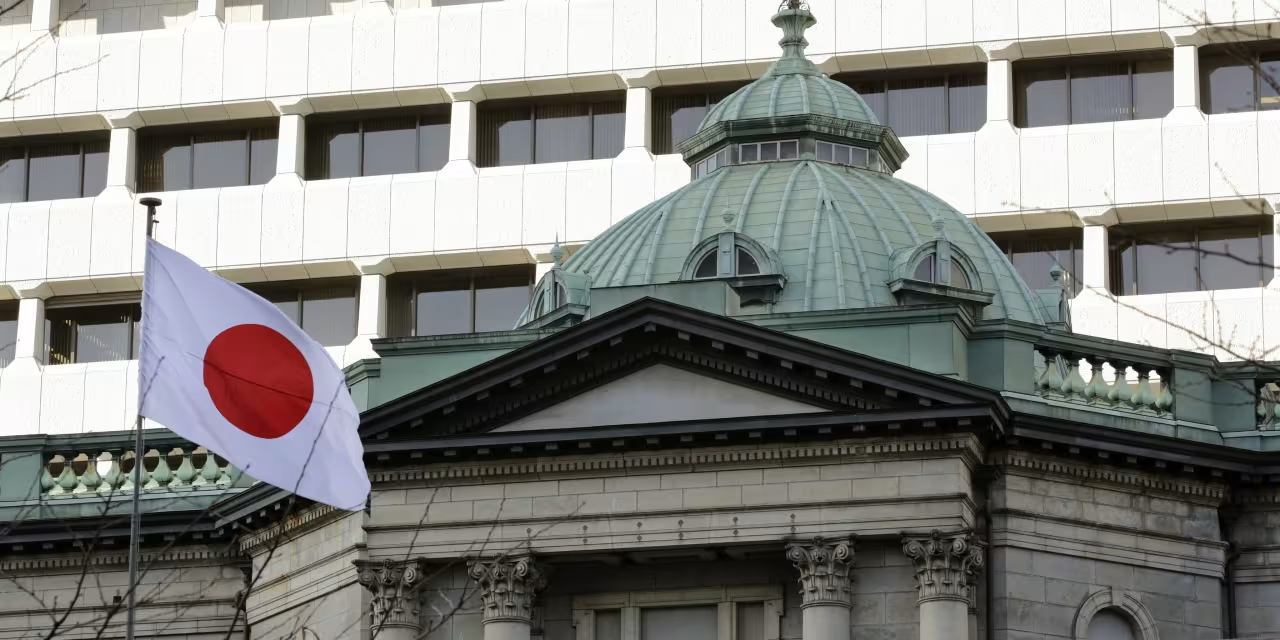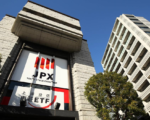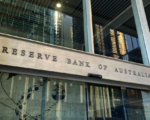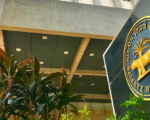The Bank of Japan (BOJ) maintained its interest rates unchanged on Friday, while offering a more optimistic view on private consumption. This move reflects the central bank’s confidence that Japan’s economic recovery is progressing, potentially allowing for another interest rate hike in the near future. The decision, widely anticipated by market watchers, keeps short-term interest rates at 0.25%, marking the conclusion of the two-day meeting.
In its post-meeting statement, the BOJ noted that private consumption is “on a moderate increasing trend,” an upgraded assessment from previous reports that described consumption as resilient. This shift suggests that the central bank sees a stronger economic trajectory, despite headwinds from rising prices. The yen responded by paring losses, while the Nikkei average saw some gains shrink, as markets interpreted the central bank’s positive outlook as a sign of a possible rate hike soon.
Analysts believe this upgraded view reflects growing confidence that wage increases will support household spending, offsetting the impact of inflation. Naomi Muguruma, chief bond strategist at Mitsubishi UFJ Morgan Stanley Securities, stated, “If upcoming data further supports the BOJ’s optimistic outlook, we could see another rate hike as early as December.”
Japan has been dealing with accelerated inflation, with core consumer prices rising 2.8% in August, marking the fourth consecutive month of increases. This sustained inflation, alongside an annualized GDP growth of 2.9% in the second quarter and rising real wages, has fueled expectations of further interest rate hikes. The next opportunity for the BOJ to reassess its projections will come during its October 30-31 meeting, where the board will review its quarterly forecasts.
The BOJ’s decision to maintain its current rate stands in contrast to other major central banks, such as the U.S. Federal Reserve, which has recently shifted toward reducing borrowing costs. Governor Kazuo Ueda has maintained a hawkish stance, indicating that the BOJ is prepared to raise rates again if inflation continues to meet the bank’s 2% target.
Despite Japan’s domestic economic strength, external challenges loom, including weaker demand from China and slower growth in the U.S. Moreover, recent volatility in the yen and stock market fluctuations are key concerns for BOJ policymakers. However, the central bank has reiterated its readiness to implement further rate hikes, with some members advocating for a gradual increase in short-term rates to around 1% over time.


















